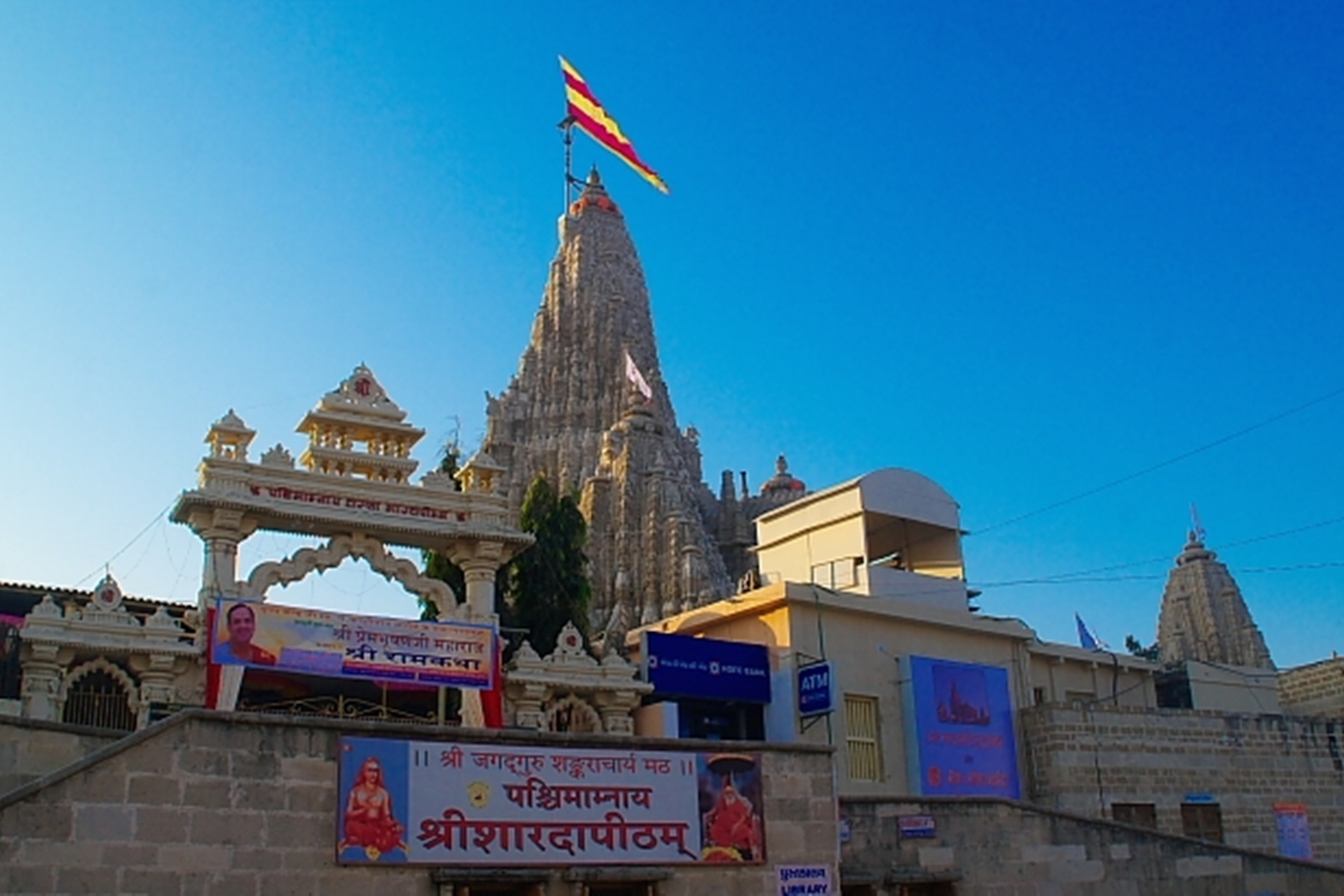Gaudiya Mission is a spiritual organization founded by Srila Bhaktisiddhanta Sarasvati Thakura in 1918, in Kolkata, India. The mission is based on the teachings of Sri Chaitanya Mahaprabhu, a 16th-century saint and the founder of Gaudiya Vaishnavism, a branch of Hinduism.
The primary objective of the Gaudiya Mission is to spread the teachings of Sri Chaitanya Mahaprabhu and his disciples, including Bhaktivinoda Thakur and Gaura Kishore Das Babaji Maharaj. The mission aims to promote spiritual education, social service, and the practice of devotion to Lord Krishna as the supreme personality of Godhead.
The Gaudiya Mission has established many ashrams, temples, and educational institutions throughout India and other countries to spread the message of Sri Chaitanya Mahaprabhu. The organization also publishes books and periodicals on the teachings of the Vaishnava tradition, and conducts regular classes and seminars on spiritual topics.
The Gaudiya Mission emphasizes the chanting of the Hare Krishna mantra as the primary means of spiritual realization. The organization promotes a strict vegetarian diet and the practice of ahimsa or non-violence towards all living beings. The mission also supports various social and welfare activities, including the distribution of food, clothing, and medicine to the needy.
The philosophy of the Gaudiya Mission is based on the principles of Gaudiya Vaishnavism, which is a branch of Hinduism that emphasizes devotion to Lord Krishna. The mission's teachings are based on the writings of Sri Chaitanya Mahaprabhu and his disciples, including Bhaktivinoda Thakur and Gaura Kishore Das Babaji Maharaj.
Here are some key aspects of the philosophy of the Gaudiya Mission:
Bhakti Yoga: The mission teaches that the ultimate goal of human life is to develop love and devotion for Lord Krishna, which is achieved through the practice of Bhakti Yoga. Bhakti Yoga involves chanting the Hare Krishna mantra, devotional service, and surrender to Lord Krishna.
Achintya-Bhedabheda Tattva: The mission's philosophy is based on the concept of Achintya-Bhedabheda Tattva, which means "inconceivable oneness and difference." This concept explains the relationship between Lord Krishna and the individual soul. The mission teaches that the soul is both one with and different from Lord Krishna, and that this relationship is inconceivable to the human mind.
Jiva Tattva: The mission teaches that the individual soul is eternal and distinct from the body. The soul is considered to be a part of Lord Krishna's divine energy, and its ultimate goal is to attain spiritual liberation through devotion to Lord Krishna.
Krishna Consciousness: The mission promotes the concept of Krishna consciousness, which involves being aware of Lord Krishna's presence in all aspects of life. This awareness is achieved through the practice of Bhakti Yoga and the chanting of the Hare Krishna mantra.
Guru Parampara: The mission's teachings are based on the Guru Parampara, which is a chain of spiritual masters who have passed down the teachings of Sri Chaitanya Mahaprabhu and his disciples. The mission's leaders are considered to be part of this lineage, and they play an important role in guiding and teaching followers.
The central idea of Gaudiya Vaishnavism is that the ultimate goal of human life is to attain love for Lord Krishna, who is considered to be the supreme personality of Godhead. The mission teaches that by chanting the Hare Krishna mantra and engaging in devotional activities, one can develop love and devotion for Lord Krishna and attain spiritual liberation.
The Gaudiya Mission also emphasizes the importance of spiritual education and service to others. The organization promotes the study of the Bhagavad Gita and other scriptures, and encourages individuals to live a pure and ethical life. The mission supports various social and welfare activities, including the distribution of food, clothing, and medicine to the needy.











